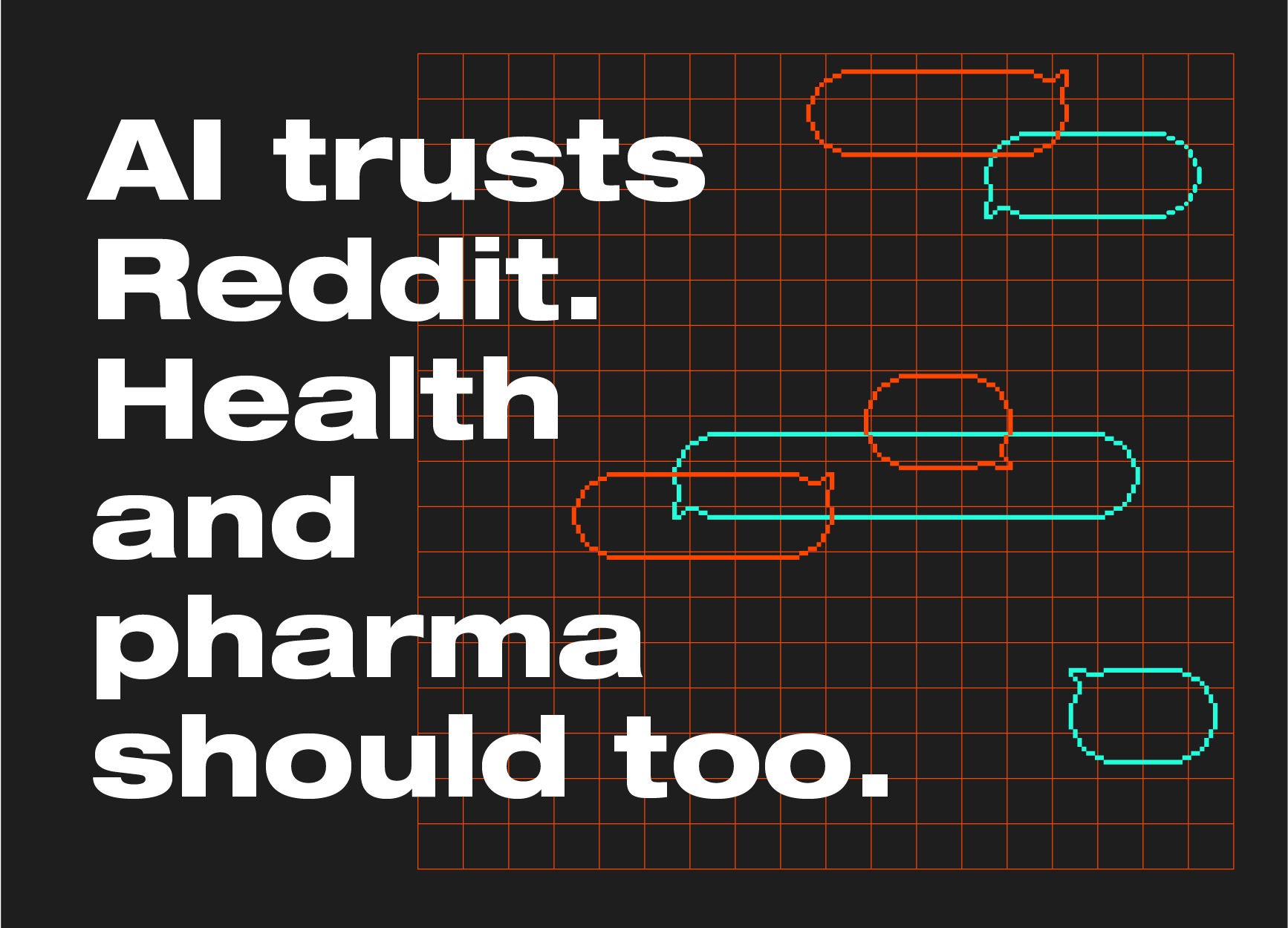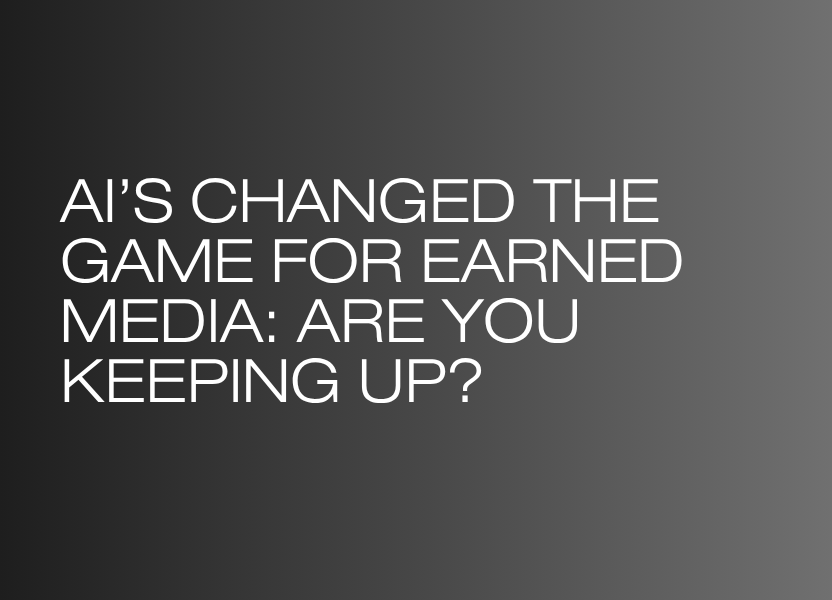Who needs to be trusted anyway?
It is a truth universally acknowledged that public trust is essential to the health of businesses and industries. For pharma, COVID-19 delivered a momentary shot in the arm for a historically inconsistent reputation, but, while much commentary has lamented a missed opportunity to secure the industry a new persona, Luke Cripps, Associate Planning Director at Langland, asks whether trust was ever a must-have in the first place.
Whilst the pandemic should have been a galvanising moment where trust in the pharma industry peaked, it has instead shone an uncomfortable spotlight on areas that have long been sources of tension. But does this missed opportunity matter? Public opinion of the industry has always waxed and waned – for every uptick in trust derived from a vaccine ideated and developed in a year, there has been a downturn precipitated by a Martin Shkreli-type moment.
Yet through it all the profits have been consistently colossal, and growth has continued. Public trust has made no difference, and so pharma’s focus has not deviated from its core model of generating a product, with the evidence that it solves a patient need, then convincing payers to reimburse it, and HCPs to prescribe it. OK, this is a massive oversimplification, but you get the point: the public’s opinion of the product and the company really hasn’t been anything but a nice-to-have.
According to the leader of a UK pharma trade body, one of the 35 health experts on a panel recruited for us by Ipsos MORI in 2021, this rings true. “There is this strange, deep-seated [feeling] among a significant proportion of society that ‘these guys are just out to make money from our health’,” they told us. “Even though I bet when they go to their doctor, they will take the tablets they are given without going ‘who’s made these, I don’t trust them’.”
Now, as a planner in health, I’m constantly looking to enhance how I do my job, but it’s not always the easiest to find new tools that are designed with health communications in mind. So, I often turn to consumer brand planning, and whilst it’s fascinating and full of useful resources I wish we could have in health, much of it isn’t always applicable, or perhaps only in a tangential way.
This is especially the case when considering the long-standing orthodoxy that it’s critical for brands in consumer-land to build trust. Edelman, with their annual Trust Barometer report, have in the past placed ‘trust in the brand’ as the second most important factor in people’s purchase decisions, after price. In fact, highly trusted brands are seven times more likely to be purchased. In consumer-land, it’s more important to trust a brand than it is to love it. If we apply that logic to pharma, it wouldn’t matter how much you love the way your drug works, if you didn’t trust the brand, you would stop using it. Clearly that’s untethered from reality.
Why the disparity? Well, the obvious answer is that our health is just more important than a car or a breakfast cereal: it somehow sits outside the world of emotional responses and tribal attachments in which brands live. If that were the case, my job would be straightforward: just give the doctors the evidence, contextualised against the need, and move on!
Alas, the truth is muddier than that. First off, we need to reflect on the principle that has kept the advertising industry afloat for decades – no doctor is truly that driven by data alone. They are, after all, people too, and are moved by creative just like we all are. Also, whilst a data point on a graph can look inconsequential, to a patient with COPD for whom every breath is laboured, that small change in FEV1 levels might just make the world of difference. HCPs can forget or under-appreciate this, and it’s part of our job to ensure they don’t.
The death of the old school
A newer truth muddies things further. The pharmaceutical industry can no longer expect to keep the patient at arm’s length and let their product data alone do the talking. Digitisation, and the drive towards primary and long-term, more personalised care, have created a perfect storm in which the doctor is no longer the individual with all the knowledge and the power to decide. By pushing medicine and healthcare to the point we sit at now, including the pressure of an ever-increasing demand for greater fiscal responsibility, we have made it so that everything is connected, and everything and everyone matters.
As consumers, we now have at our fingertips all the information we will ever need to make an informed decision about our health, but also all the information we will ever need to make a disinformed decision about our health. We can compare more variables than ever and, in doing this, our choices have grown. With this growth in choice, there comes a need for brands to find new ways of standing out and making ‘being trusted’ a core principle is one of the ways they can differentiate.
Here comes the young guns
This raises the question of how brands engender trust. The monopoly pharma holds over the health industry is weakening, with retail and tech players beginning to disrupt the category. Compared with pharma, these companies are experts at building consumer trust, and they can use that as a wedge to force their way in. I was listening to a podcast on the arrival of Amazon into health and a point raised in the show stuck out to me.
Health as an industry is primed for disruption. The costs are spiralling, and more care must be pushed into the primary and preventive spaces to try and stave off the huge costs associated with secondary and long-term chronic care. But no-one has cracked how to do this in a manner that isn’t arduous and ineffective. The expertise to change this perhaps doesn’t lie with pharma, which is product-orientated rather than system-orientated, but instead with retail and tech specialists who have the expertise to deliver systems that intuitively understand the consumer and provide for them long-term. Yet the opportunity for profit within a disrupted market is too large for pharma to ignore entirely. Therefore, regardless of whether they choose to partner with system specialists or go it alone, pharma must realise this new opportunity will require them to move out of the shadows, where engagement has been kept to negotiating with healthcare systems and HCPs only and bring them into closer contact with different audiences who now carry major decision-making powers. If they don’t know these audiences beyond their disease need and embrace the principles that create the trust required to foster long-term, lasting relationships with them, they will fast go the way of the dinosaur.
Again, to quote a business leader we interviewed “Disruption brings new trends and brings us forward… I think the old way of big pharma is over.”
Trust me, it’s made just for you
Let’s take this one step further. Cell and gene therapies are a new frontier in medicine that only pharma has the scientific and clinical know-how to bring to market, and with it, the chance to deliver the exciting dream of making truly individualised medicines. Already there are a score or more approved (Bluebird Bio’s Zynteglo for beta thalassemia among the latest), and with a further 3,633 and counting in development, we are about to see wholesale change in healthcare.
Outside of the practicalities of delivering truly bespoke medicines, we need to recognise the obligations and expectations we will place on someone by asking them to put all their trust in just one product. When you consider the access challenges that come with the huge price tags, and the potential risk of developing immunity to the viral vector that delivers the therapy, many may only get one shot at a treatment that could offer the chance of a cure. We must recognise that we are demanding a huge level of trust, and it will only be fair to expect people to want to be part of that decision to commit, given how much they have on the line. In other words, falling back on old models where we focus on adoption by the health system only is not an option.
In this new world, where everyone’s opinion matters, and where new players disrupt old models, trust will matter. Ultimately, the orthodoxies of consumer brands will need to be adopted, and health brands will need to prioritise trust if they wish to stand apart just like consumer ones do. It cannot be left ignored anymore. The time to build trust in pharma and their brands is now.

.png)


